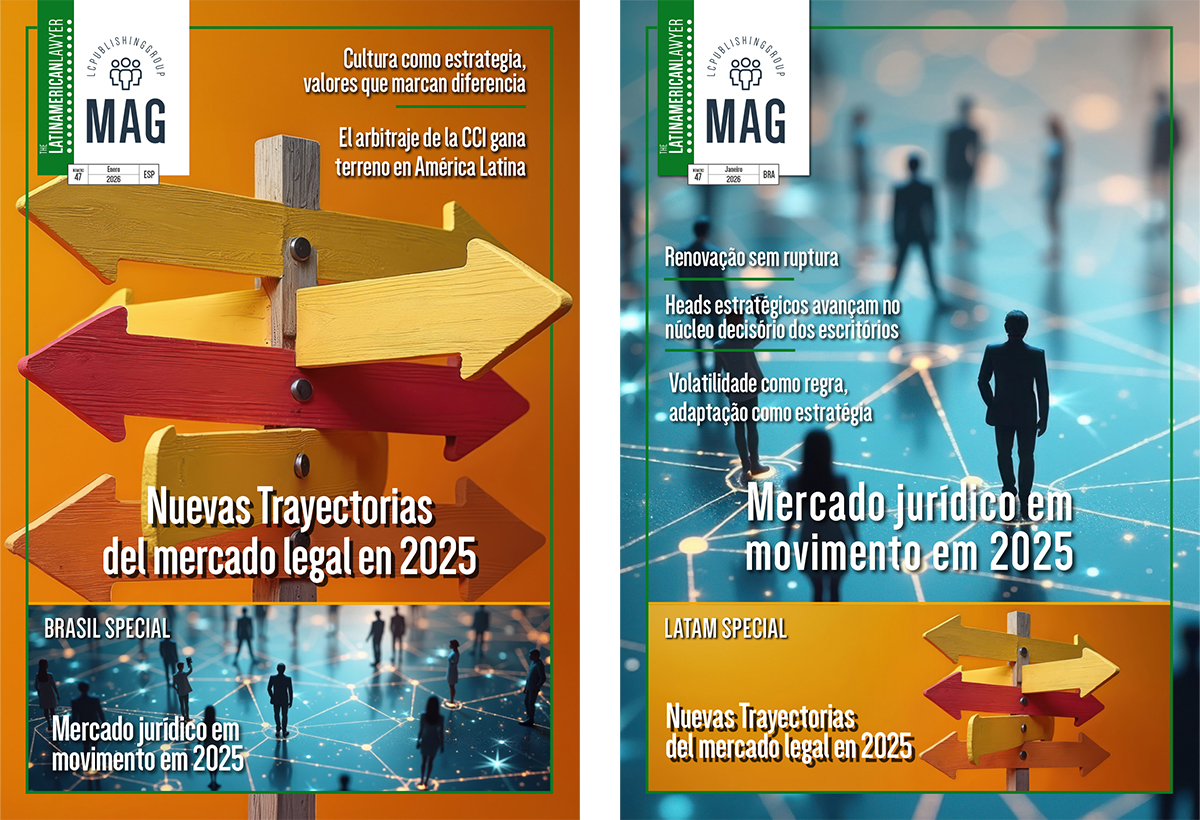IFC grants record loans to Latin America

The International Finance Corporation (IFC) committed a record $7.1 billion to support private sector development in Latin America and the Caribbean in fiscal year 2020, which ended in June
 The loans enabled investments to foster sustainable growth across the region, create jobs and fight the impacts of the COVID-19 pandemic, the IFC said.
The loans enabled investments to foster sustainable growth across the region, create jobs and fight the impacts of the COVID-19 pandemic, the IFC said.
The IFC is a sister organisation of the World Bank and a member of the World Bank Group and is the largest global development institution focused on the private sector in emerging markets.
Out of the $7.1 billion invested in the fiscal year ending June 2020, the long-term financing in the region included a record $4 billion mobilised from other investors. The IFC’s work with public-private partnerships contributed almost $1.2billion to this mobilisation.
“Despite the challenges of delivering during a global health pandemic that is still unfolding in Latin America and the Caribbean, the IFC exceeded its previous record commitment of $6.2 billion in the region during fiscal year 2019,” the IFC said in a statement.
Investments were spread across the region in markets of all sizes – from $2.2 billion of total long-term financing in Brazil, to a record $1.1 billion of commitments in Central America.
IFC’s portfolio focused on a variety of sectors such as infrastructure, agribusiness, renewable energy, finance, education, and financing for small and medium-sized enterprises (SMEs), including women-owned businesses.
“IFC is committed to help Latin America and the Caribbean emerge from the COVID-19 crisis with a clear focus on private sector-led economic development,” said Georgina Baker (pictured), IFC regional vice president for Latin America and the Caribbean and Europe and Central Asia.
“Throughout the year, we delivered projects that helped to mitigate climate change, promote innovation and inclusion, and improve the lives of people in the region. In the last months, we’ve doubled our efforts to support companies large and small as they face the economic impact of the pandemic. We will continue creating markets to foster sustainable development and reduce poverty in the region.”
The IFC also provided advisory services in Latin America and the Caribbean, with a portfolio of projects aimed at improving the business environment and the investment policy in the region. These projects were characterised by their innovative approach, including a joint project with the World Bank in Colombia to develop a novel methodology that will make possible a complete assessment of the quality of care across the healthcare sector – both public and private.
Since the pandemic hit, the IFC has focused its efforts on helping the private sector mitigate the economic fallout. In March, the IFC announced $8 billion in global fast-track financing to help companies affected by the outbreak. Since then, more than $3.8 billion have been committed globally. In Latin America and the Caribbean, the IFC has provided support to existing clients, injecting much needed liquidity to businesses that depend on trade, especially SMEs.
In Central America, the IFC loaned $314 million through local banks to support the continuity of trade, guaranteeing the export and import of critical agricultural and health products.
In Brazil, the IFC provided a $100 million loan to Banco Daycoval, a leading mid-sized Brazilian bank, to expand access to finance for SMEs, including women-owned businesses.
And in Paraguay, the IFC provided a $10 million loan to Agrofertil, injecting liquidity to the leading agribusiness company to allow it to continue financing the pre-harvest capital needs of agricultural producers.















